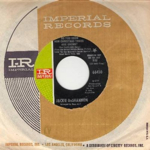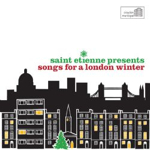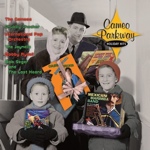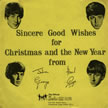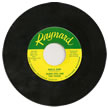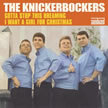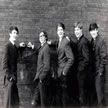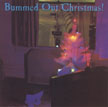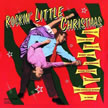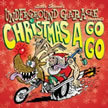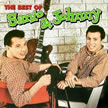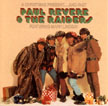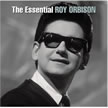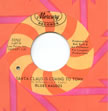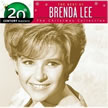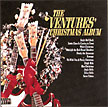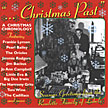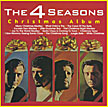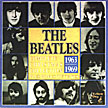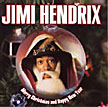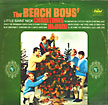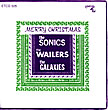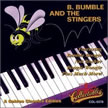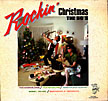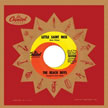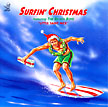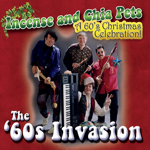
I'm always happy to throw the floor open to folks doing Christmas-themed parodies of popular songs, and that appears to be the whole reason for this 2012 album that I just discovered the other week. (Except for a straight cover of "Rockin' Around the Christmas Tree," anyway.) As the name of the act suggests, these parodies are based on well-liked rock singles from the 60s, and the only glitch in the formula is that there's a faint smell of lounge band about the performances. Fortunately, that only becomes apparent when you play the whole album in one sitting. When you hit shuffle on your device, or hand-curate your own playlist from scratch, the better tunes from this collection hold their own quite well. The title song is based on "Incense & Peppermints," "Santa, Santa" plays off "Louie Louie," "Mom Won't Let Me" is a tinseled version of the Outsiders' "Time Won't Let Me," and I think my favorite of the group is "Sleigh Full of Toys," based on "Heart Full of Soul." The Rolling Stones get parodied twice on here, "Santa With a Red Suit" takes off on Mitch Ryder and the Detroit Wheels, "Dirty Water" becomes "I Love to Go to Grandma's," and "Wooly Bully" becomes "Merry Christmas." Check 'em out.
